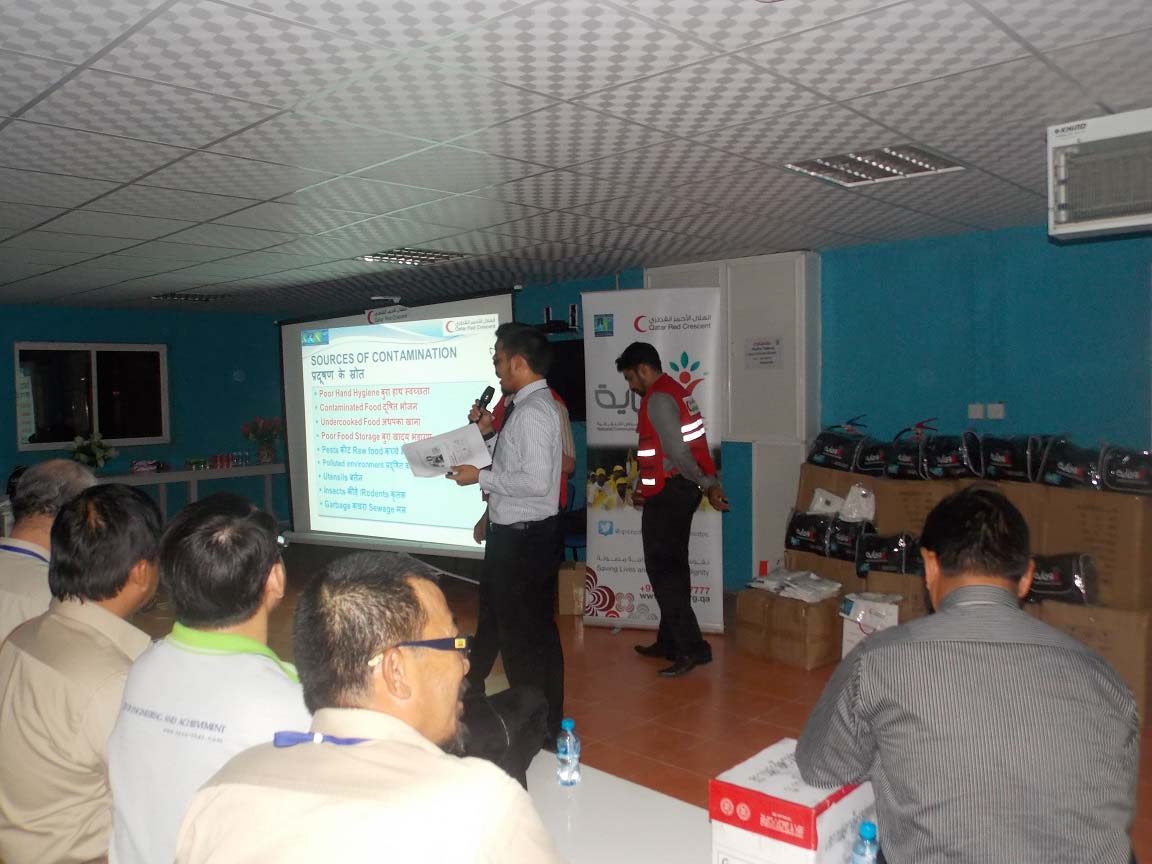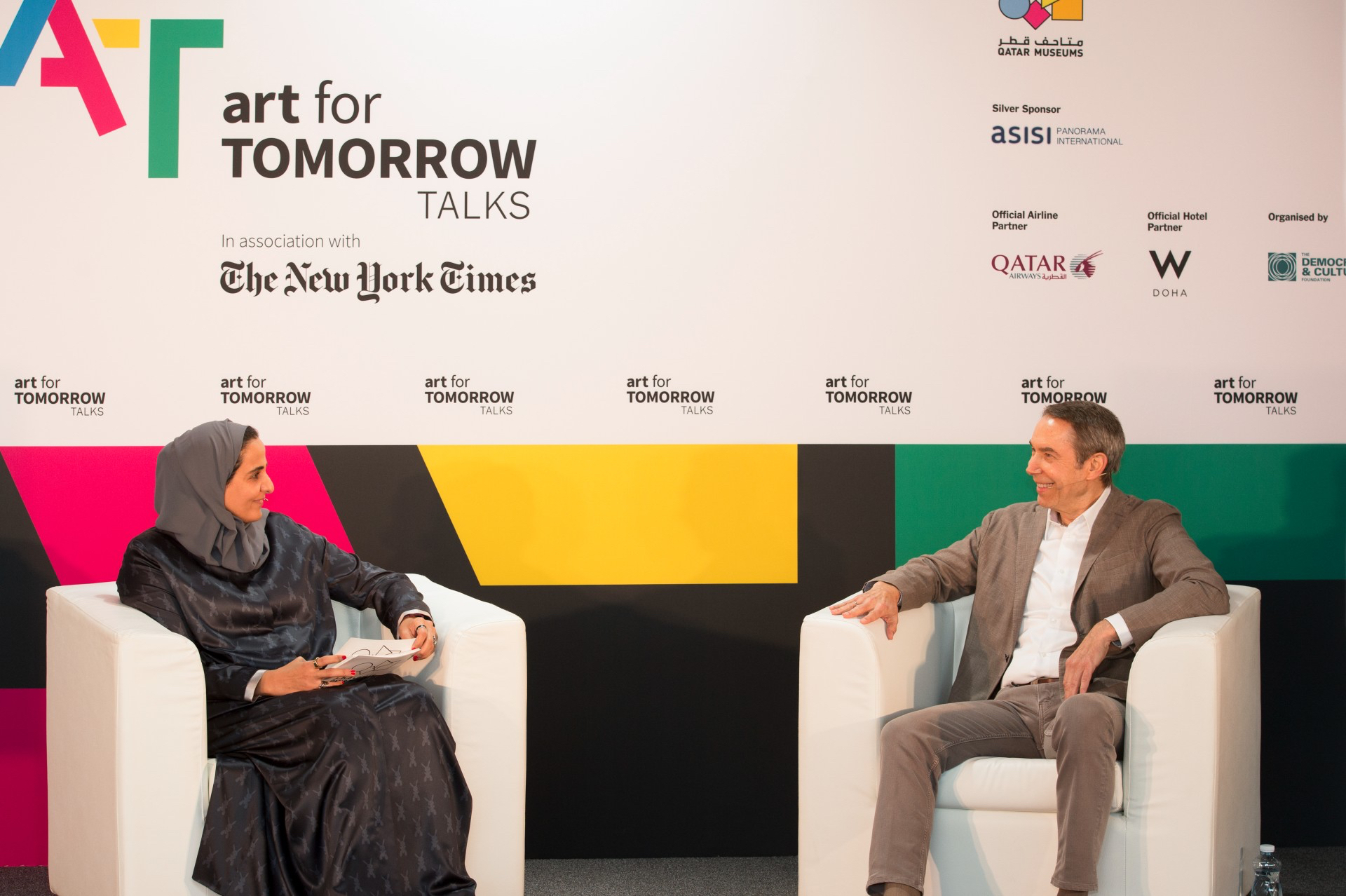
To help raise awareness of infectious diseases and other health issues among Qatar’s expat population, Qatar Red Crescent has announced plans to broaden its reach to include 5,000 more workers over the next two years.
QRC, which has been working with the Supreme Council of Health, rolled out phase one of its National Communicable Disease Prevention Campaign (Weqaya) in August of last year.
The goal has been to educate semi- and low-skilled workers living in close quarters with one another about the best ways to avoid getting sick and spreading illness, among other things.
In a statement, the charity explained that it has so far held lectures, workshops and awareness courses for some 10,000 workers across 40 companies in Qatar, as well as 21,000 visitors to the QRC-run and SCH-funded workers’ health centers.
Some 5,000 hygiene kits – containing toothbrushes, soap and other items – have been distributed so far, along with brochures on the most prevalent illnesses like coronavirus, Ebola, influenza, tuberculosis and heat exhaustion.
Other phases that are currently in the works cover issues like psychological health, professional safety and health education on non-communicable diseases.
Healthcare officials have previously warned that Qatar’s blue-collar population is particularly vulnerable to mental health issues like depression, due to loneliness and isolation.
Education needed
The campaign is picking up speed at a time when Qatar is hiring hundreds of thousands of construction workers a year, ahead of the 2022 World Cup.
Workplace safety also remains a concern.
In response to the high death toll of migrant workers, and allegations of abuse and neglect, Qatar last year hired an independent firm to look into living and working conditions of the expat blue-collar workforce.
In its report, DLA Piper recommended the establishment of worker welfare standards, post-mortems of bodies in sudden or unexplained deaths and called for the blacklisting of contractors and employers who breached health and safety standards, among other suggestions.
Thoughts?







